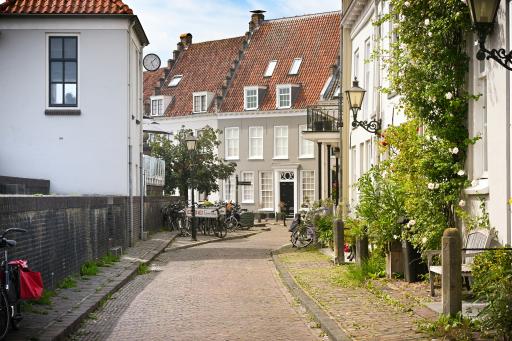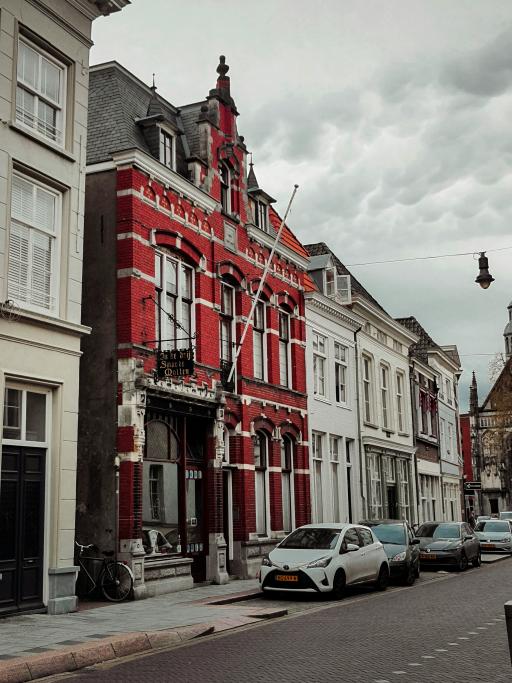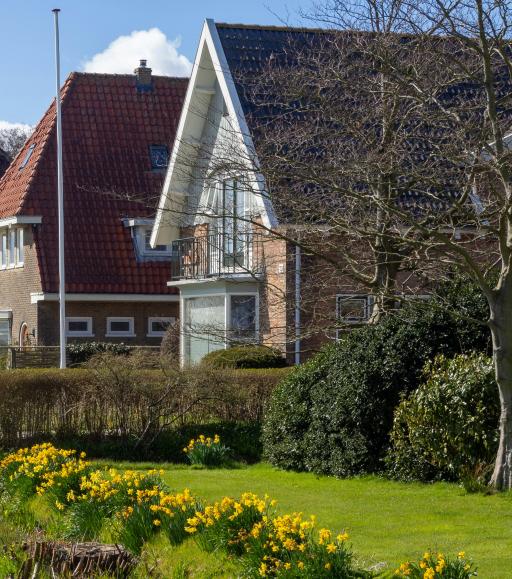First-Time Buyers Struggle as Savings Become a Requirement
For first-time buyers, entering the housing market without significant savings or family support is becoming nearly impossible.
According to mortgage provider Munt Hypotheken, first-time buyers now need to contribute an average of €91,073 of their own money when purchasing a home—nearly three times the amount required eight years ago.
In 2017, buyers needed around €34,805 out of pocket, but soaring prices and stricter lending rules have made it harder to secure a mortgage. The situation was even worse in 2022, when buyers had to contribute an average of €95,691, partly due to pandemic-era savings and a now-abolished tax-free gift allowance of €100,000 for home purchases.
Buyers over 35 years old are also putting down more money when purchasing a home, largely due to increased home equity. In 2017, the average contribution was €80,038, but by 2024, it had jumped to €203,011.


